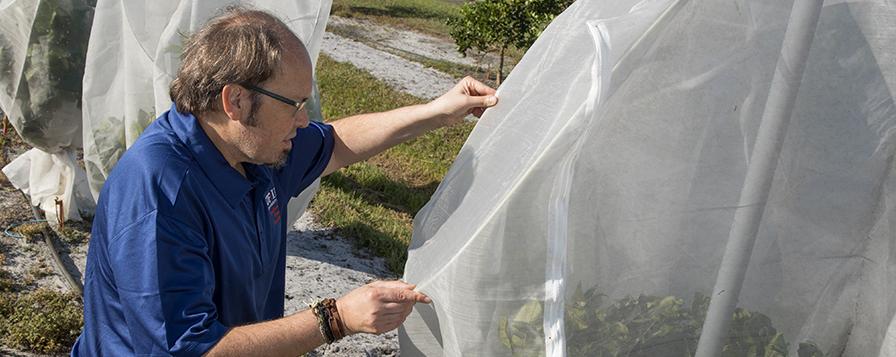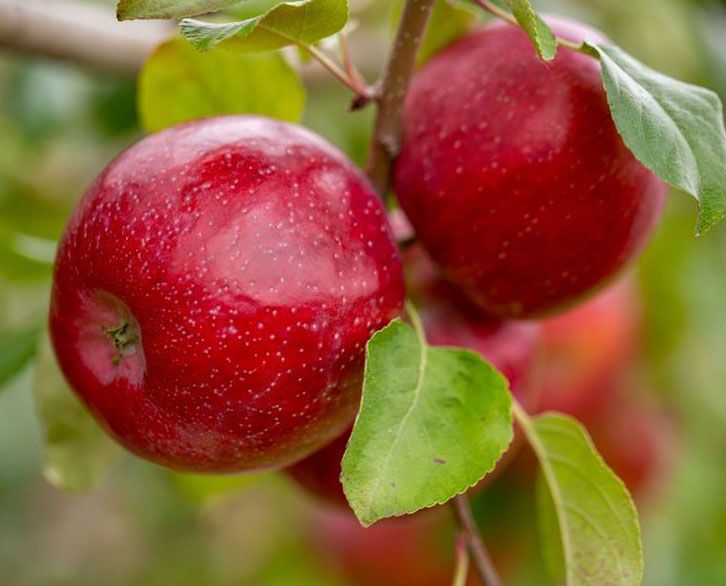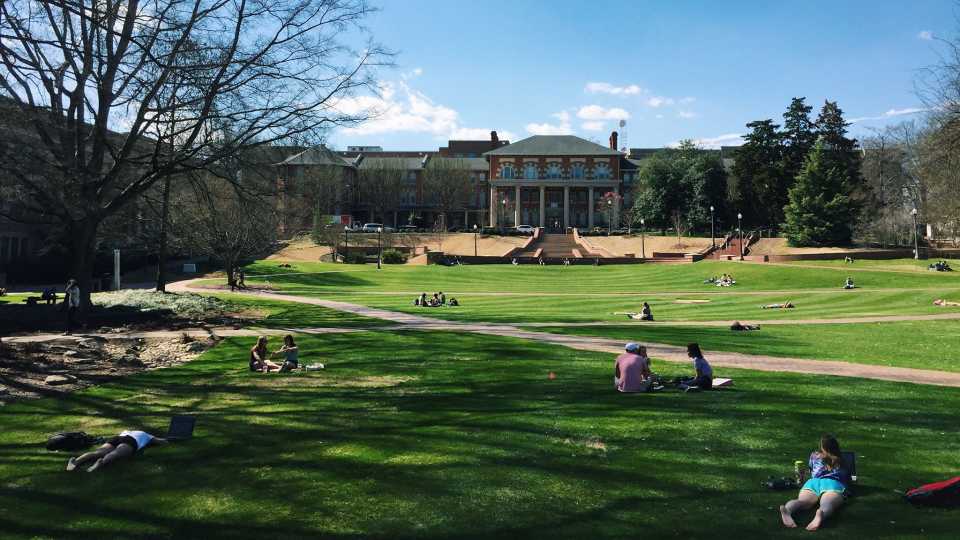Bag It up! Mesh Covers Prove Effective in Sacking Citrus Psyllids

UF/IFAS researcher Fernando Alferez inspects individual protective covers (IPCs) for citrus trees. New research indicates IPCs are effective in keeping the deadly Asian citrus psyllid on the outside looking in.
Photo courtesy of UF/IFAS
About four years ago, UF/IFAS researcher Fernando Alferez started to test if citrus trees grown inside a protective mesh cover could be kept safe from the potential deadly Asian citrus psyllid.
New research now from Alferez shows that citrus trees grown under individual protective covers (IPCs) show no signs of HLB (citrus greening disease). Specifically, scientists found that psyllids cannot penetrate the bags (IPCs) under which the trees are growing because the diameter of their openings is smaller than the insects.
“Our research has confirmed that the IPCs are effective in keeping the trees free from HLB at least until they start producing fruit,” he says. “This is important because until now, once the trees were planted, they were exposed to the psyllid, which carries the disease. So, they became infected with greening in a matter of months.”
His research also shows you don’t need to use as much in the way of chemicals to control the psyllid.
Some farmers already use the IPCs. They’re seeing that trees are ready to produce fruit – typically two years after planting — and they are healthy, Alferez says. So, the trees can produce better quality and quantity of citrus.
Each mesh cover costs between $6 and $8, Alferez says. The price for farmers to cover their groves depends on how many IPCs you buy and also from which company. For a 10-acre grove, the cost for growers will depend on planting density. If you plant 200 trees per acre, that equals about $16,000.
For more, continue reading at blogs.ifas.ufl.edu.









